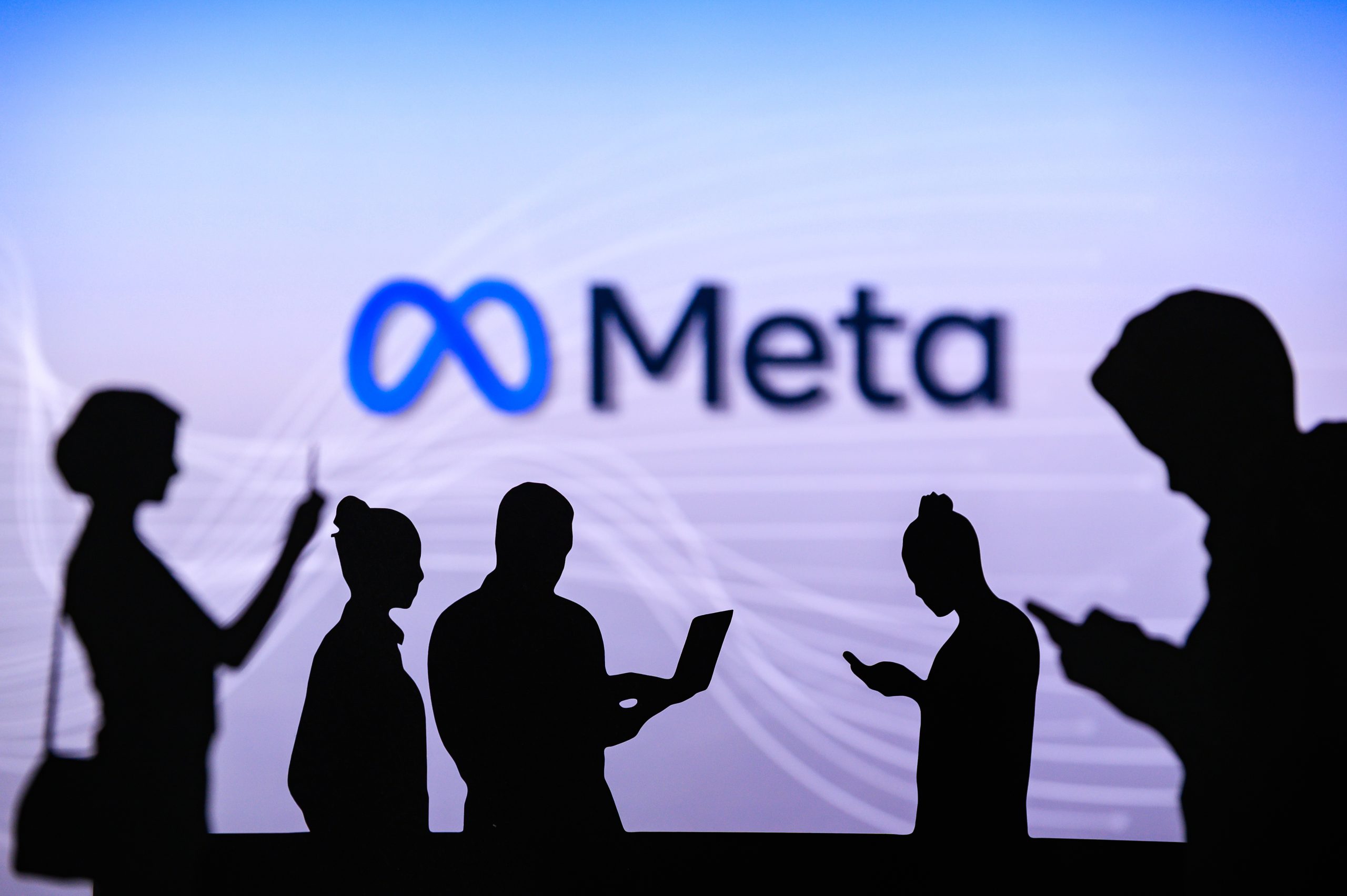In recognition of Global Accessibility Awareness Day, Meta has announced a series of initiatives aimed at enhancing accessibility across its range of products and platforms. These developments focus on providing more inclusive experiences for users with disabilities, leveraging advanced technologies to break down barriers.
Enhanced AI Capabilities on Ray-Ban Meta Glasses
Meta’s Ray-Ban Meta glasses, known for their hands-free functionality, are receiving an update that allows users to customize Meta AI for more detailed responses. This feature enables the AI to provide descriptive information about the user’s surroundings, which can be particularly beneficial for individuals who are blind or have low vision. The update is set to roll out in the U.S. and Canada, with plans for broader availability in the future.
Additionally, Meta is expanding its “Call a Volunteer” feature, developed in partnership with Be My Eyes. This service connects users with sighted volunteers in real-time to assist with everyday tasks. The feature will soon be available in all 18 countries where Meta AI is supported.
Advancements in Human-Computer Interaction
Meta is exploring the use of surface electromyography (sEMG) wristbands to facilitate human-computer interaction, particularly for individuals with physical disabilities. These wristbands detect muscle signals at the wrist, allowing users to control devices even if they have limited mobility due to conditions like spinal cord injuries or tremors. Recent research collaborations, including one with Carnegie Mellon University, have demonstrated the potential of sEMG technology to enable users with hand paralysis to interact with computing systems effectively.
Improving Communication in the Metaverse
To make virtual experiences more accessible, Meta is introducing live captions and live speech features in its extended reality products. Live captions convert spoken words into text in real-time, while live speech transforms text into synthetic audio. These features aim to assist users who have hearing impairments or prefer alternative communication methods. Enhancements include the ability to personalize and save frequently used messages.
Furthermore, developers at Sign-Speak have utilized Meta’s open-source AI models to create a WhatsApp chatbot that translates American Sign Language (ASL) into English text and vice versa. This innovation facilitates communication between Deaf individuals and those who do not understand ASL, using avatars to convey messages in sign language.
Wrap Up
Meta’s ongoing commitment to accessibility reflects its dedication to creating inclusive technologies that cater to the diverse needs of its global user base. By integrating advanced AI and human-computer interaction technologies, Meta aims to empower individuals with disabilities to engage more fully with digital experiences.

